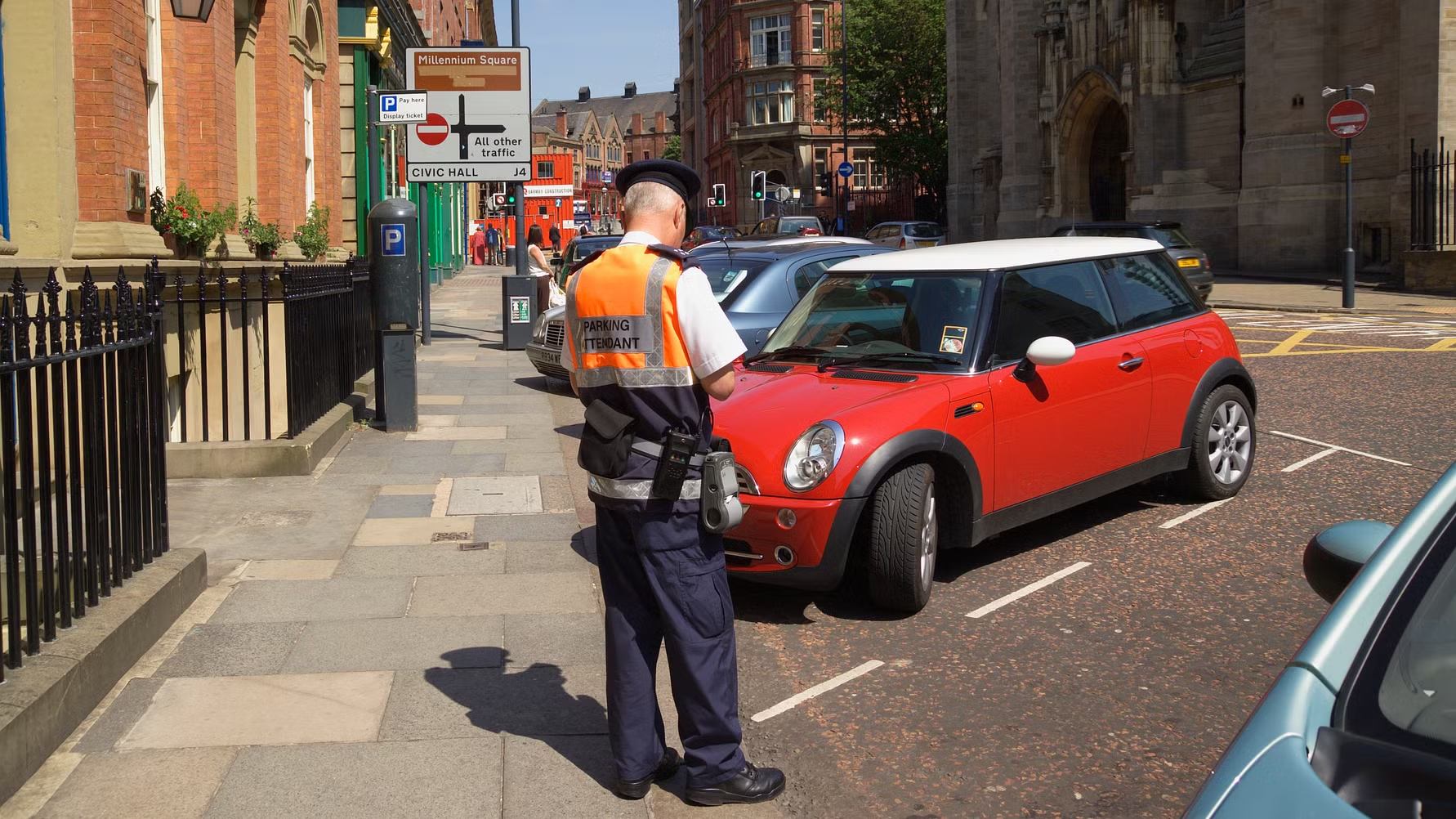
PayByPhone, a global leader in mobile parking payments, is now available in the majority of Q-Park parking garages including in OMNI, Quartermile and Capital Square in Edinburgh.
Drivers across Edinburgh are being urged to opt into the PayByPhone Auto Payment function now to take advantage of the most convenient parking experience.
By opting in to Auto Payment, drivers can enter not only the local Q-Park car parks but also most Q-Park car park across the UK without taking a ticket, and when they are ready to leave, go straight to their vehicle, by-passing the payment kiosk and any queues. ANPR camera technology scans the number plate as the car enters allowing the entry barrier to rise.
As the car approaches the car park exit, the number plate is scanned again, and the barrier rises. PayByPhone automatically takes payment from the driver’s preferred payment method that has been previously set up in the app. Digital receipts are emailed to the driver.

Adam Dolphin, Managing Director UK for PayByPhone, says, “We are delighted to be able to bring our decades of experience in simplifying a driver’s journey to Q-Park car parks in Edinburgh.
Our Auto Payment feature, which we have been successfully providing to car parks since 2019, creates a seamless experience for drivers, helping to simplify the parking experience. They don’t have to touch their phone or even open our app. They just drive in and drive out; it’s a time-saver. We encourage drivers in Edinburgh to opt into Auto Payment for Q-Park in settings in the app today.”
EV drivers can also enjoy added convenience at most Q-Park facilities by paying for their EV charging directly through the PayByPhone app. Charging sessions can be managed remotely in real time and all charging history is saved in the app for easy reference.

Dolphin says, “Because our app lets motorists handle both parking and charging in one place, they benefit from a seamless experience and a more complete view of their motoring costs so everyday journeys are simpler, smarter and more connected.”
The app is available in 11 languages, making it inclusive for all users.
For a full list of areas where PayByPhone is available, and to start using it today, download the app from the App Store or Google Play Store or visit the PayByPhone website visit www.paybyphone.co.uk.















